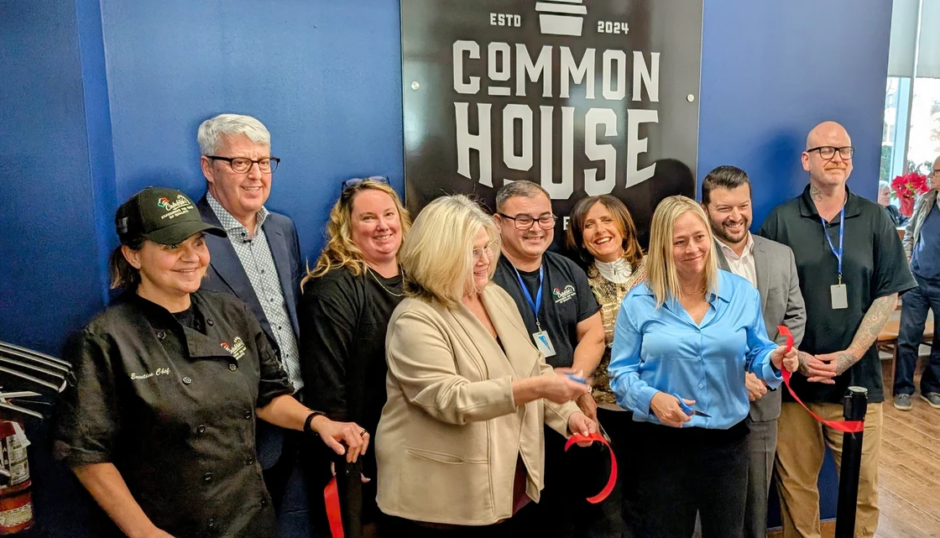The January 2025 newsletter from Invest in Hamilton introduces a new monthly format to provide faster updates on Hamilton's business and community successes. It covers topics such as new investments, research and development innovations, business expansions, sector collaborations, and up-to-date market and labor force data.
Jan 31, 2025





